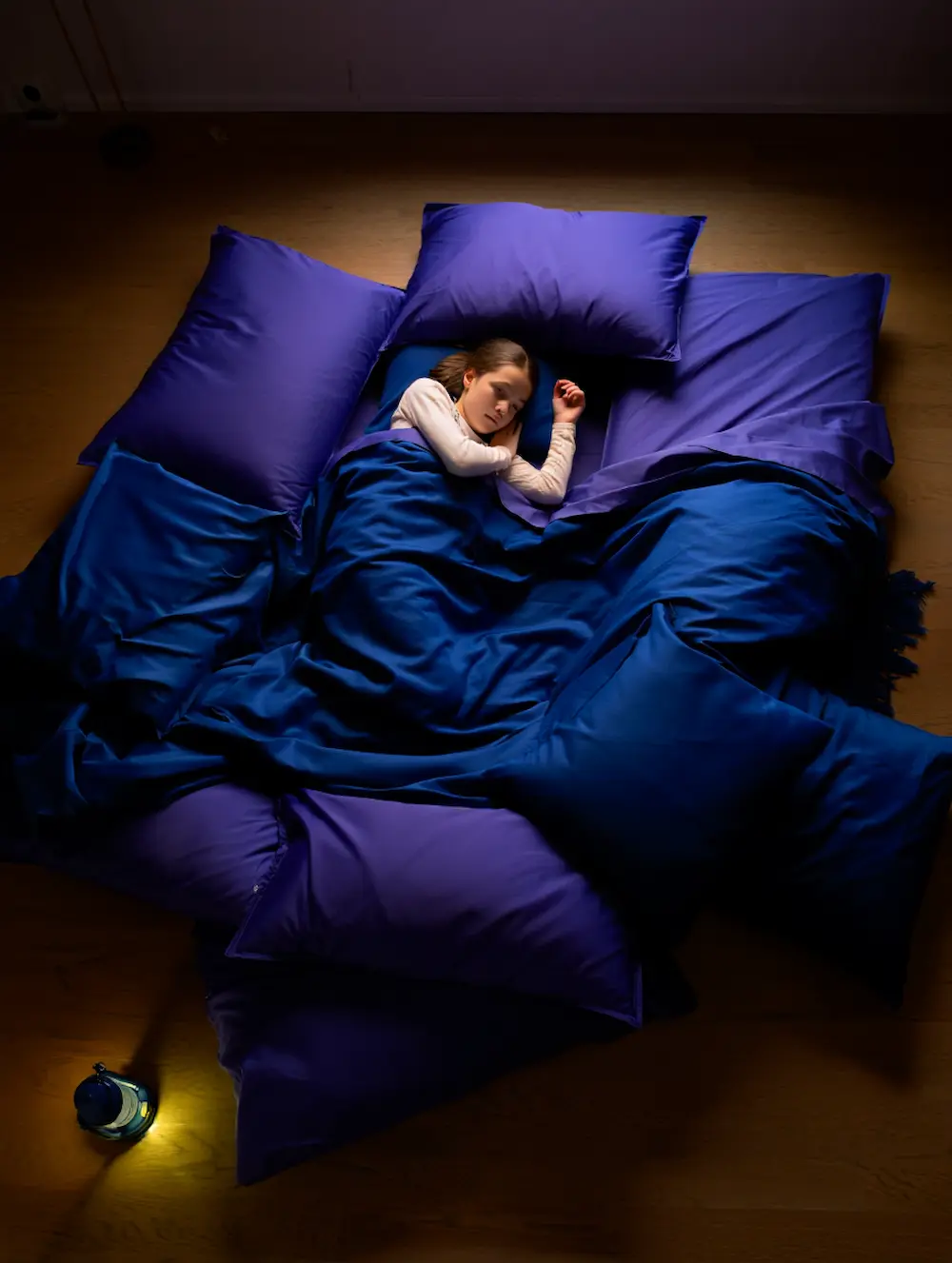Navigating the "After-Social" Slump: Restorative Practices | NeurodiverseNights Blog

Social interaction, while sometimes enjoyable, can often be uniquely draining for neurodivergent individuals. The combination of processing sensory input, navigating complex social cues, and potentially engaging in masking (The Weight of a Day) can lead to a distinct form of exhaustion often called a "social hangover" or "after-social slump."
This isn't just feeling tired; it can involve heightened sensitivity, irritability, difficulty concentrating, a need for withdrawal, and sometimes even physical symptoms. Recognizing this specific type of fatigue is key to implementing gentle, effective recovery strategies.
Why Social Interaction Takes a Toll
Factors contributing to the after-social slump include:
- Sensory Overload: Social environments are often noisy, brightly lit, crowded, and full of unpredictable stimuli.
- Cognitive Demands: Tracking conversations, interpreting non-verbal cues, managing turn-taking, and formulating responses requires significant mental effort.
- Masking Energy Drain: The conscious or unconscious effort to appear neurotypical is incredibly taxing.
- Emotional Labour: Managing one's own emotions while also navigating the emotions of others can be exhausting.
Gentle Strategies for Post-Social Recovery
After significant social interaction, prioritize low-demand restoration:
- Create a Sensory Retreat: Immediately seek out your calm space. Dim lights, reduce noise (earplugs/headphones if needed), wrap in a comfy blanket. Minimize further sensory input.
- Permission for Solitude: Don't feel obligated to immediately "recap" the event or engage further. Allow yourself quiet time alone to decompress without needing to interact.
- Parallel Activity (If Comforting): If being completely alone feels isolating, engage in quiet parallel activity with a trusted person – reading in the same room, watching separate things with headphones, simply co-existing quietly.
- Reconnect with Comforts: Engage briefly with a special interest (a calming aspect of it), listen to familiar soothing music or a NeurodiverseNights story, sip a warm drink. Return to your anchors.
- Hydrate and Nourish (Gently): Dehydration or low blood sugar can worsen fatigue. Have water and a simple, easy-to-digest snack available.
- Limit Further Demands: Postpone demanding tasks or decisions if possible. Allow your brain and body time to recover before engaging in activities requiring significant executive function.
- Mindful Check-in: Gently notice physical sensations (Listening to Your Body's Signals) without judgment. Are your muscles tense? Is your breathing shallow? Acknowledge the fatigue.
Anticipating the need for recovery and having a gentle plan in place can make navigating social events more sustainable. Honouring your need for restorative quiet and sensory reduction after social exertion isn't antisocial; it's essential self-care for maintaining well-being.
Enjoyed this post? Help us create more content like this by supporting NeurodiverseNights on Patreon! Get early access to podcast episodes, bonus content, and more.
Become a Patron